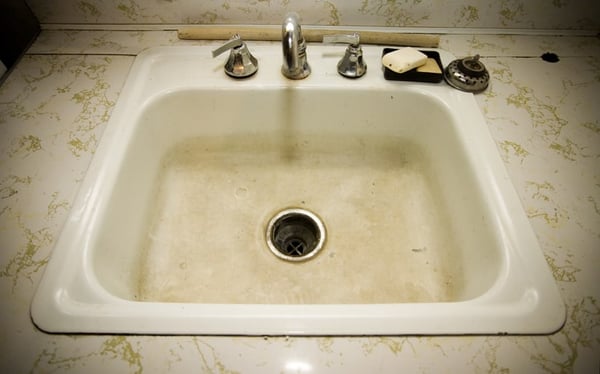You should soften your water because it can prevent a lot of residential and commercial headaches if you live in an area with hard water.
What is hard water?
Hard water is water that is high in dissolved materials, particularly calcium and magnesium.
Why is hard water a problem?
Hard water, particularly when heated, forms calcium carbonate, also known as scale. This mineral deposit builds up in pipes and appliances, not to mention on your hair and skin.
What is softened water?
Softened water is water that has been treated to remove the excess calcium and magnesium ions, usually replacing them with salt.

What kinds of problems can soft water prevent?
- Dishes that come out of the dishwasher with spots, streaks, and a cloudy film on them
- Difficult to remove scum or rings in bathtubs or sinks
- Chalky deposits on the inside of faucets
- Brown stains on the inside of the toilet
- Clothes that look dingy or faded, or feel scratchy or hard, after coming out of the washing machine
- Dull, limp hair
- Dry, flaky, or itchy skin
- Distressed house plants with chalky calcium deposits on the leaves
- Higher-than-average electric bills
- Frequent appliance repair issues
What do the experts say?
You don’t have to take our word for it that water softening is beneficial. A Penn State University publication noted that water softening is “a well-developed technology that has been used in homes for almost 65 years” and that “soft water not only eliminates these nuisances [hard water scale on pots, skin, and appliances] but also protects appliances and saves cleaning time.”
Learn more about how investing in a water softener pays you back. If you have more questions about adding a water softening system to your home, contact us today. Your Indy Water Pros are always here to help.





